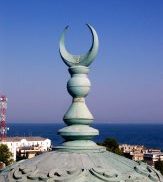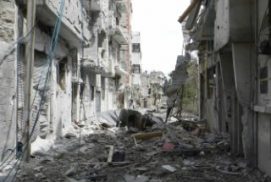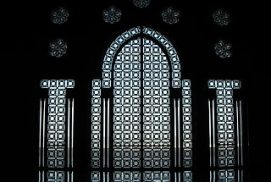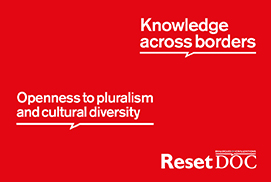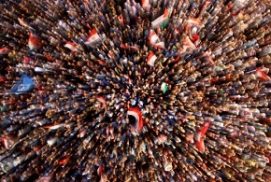3 January 2014
History says a lot about the relationships between Europe and the “broad Middle East,” to preliminarily use the term to mean the Islamic majority countries of North Africa and the Middle East (MENA), and a good part of Asia – from Morocco to Indonesia. The dichotomy of comparing a geographical entity, Europe, with a religious entity, Islam, bears a lot of historical-political tension, and simultaneously conveys the mindset that accepts comparing two entities on two different grounds. Such a “wrong” and “politicized” way of comparisons needs to change, seeing the changes taking place in the Mediterranean basin and world politics.


